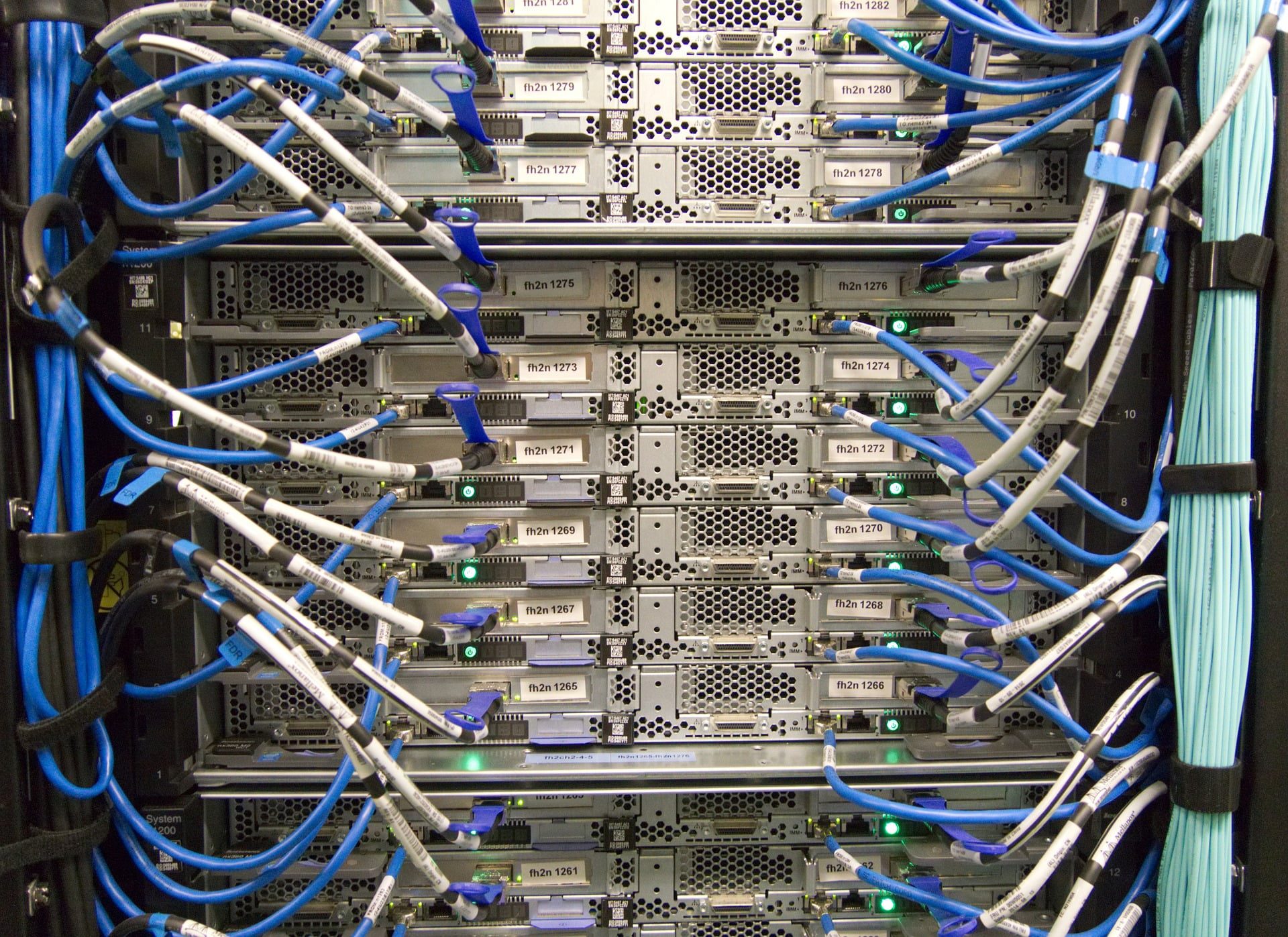Unix and Linux are basically the same operating system, but they serve different purposes. Like Windows and OS X, they both run on x86 chips but they have some major differences as well. Let’s check out the differences between Unix and Linux by looking at their history, architecture, components and other relevant details.

What is Linux?
Linux is a Unix-like operating system for computers, servers, smartphones and other electronic devices. There are many different Linux distributions available, each with its own purpose and features. Linux was originally developed by Linus Torvalds in 1991 to run on his computer. He released the source code under an open-source license so that anyone could modify it as they saw fit. This led to a number of different versions of Linux being created, some better suited for certain tasks than others. The most popular distributions are known as ‘distros’, which can be used to install on computers as well as servers. Distros come in many different flavours including Debian, Red Hat Enterprise Linux (RHEL) and Fedora. The best way to learn more about Linux is through reading books or articles written by experts in the field who know what they’re talking about.
What is Unix?
Unix is a family of multitasking, multi-user computer operating systems created by a team at Bell Labs with the intention of creating an operating system that could be used on a wide variety of computers and devices. Early versions of Unix were developed in the 1970s and early 1980s at AT&T’s Bell Laboratories, where Ken Thompson designed and implemented the first versions of Unix while working there. Later versions were designed by the UNIX International community, with the original source code now in the public domain. Unix was originally developed for the PDP-11 by AT&T’s Unix Research Center (UNIX) from 1971 to 1978. It has since evolved into a popular open source operating system for servers, desktops, and embedded systems, although its origins are as an operating system for use on single-user workstations such as those used in universities. A significant influence on its development was the fact that it ran on Sparc processors, which allowed development on a custom processor architecture.
How are Linux and Unix Different?
Linux, Windows and Unix are all operating systems. They’re all closed source, meaning that the code for them is not available for anyone to look at. But there are some key differences between Linux and Unix. Linux is often called a “distribution” of Unix, but it’s more like a brand new version of Unix than an entirely new operating system. The most obvious difference between Linux and Unix is that Linux is free software: anyone can take the source code for any part of the operating system and make their own version if they want to. As long as they don’t charge money for it, they can do anything they like with it. Unix was developed by AT&T in 1969 as a way of running large jobs on its computers (which were built using vacuum tubes). It wasn’t until 1978 that Ken Thompson started work on what would become Unix, but by then other people had already developed similar systems for other purposes such as artificial intelligence research. In 1983 Thompson published an announcement describing what became known as “Unix”, but it didn’t really take off until 1989 when 386-based PCs became affordable enough that programmers could write programs for them rather than just run existing ones from batch files on the DOS prompt.
The Future of Linux and Unix?
What will the future hold for Linux and Unix? Will they continue to co-exist, or will one or both disappear from the landscape? The recent rise of Android and iOS has made it clear that open source software is no longer just a niche interest. If you ask me, Android has already replaced Windows as the dominant OS on mobile devices. That leaves only one real competitor for Linux: Apple’s iOS. I don’t see this as a bad thing for either side. While there are some great apps available for both platforms, the vast majority of them are written for the platform with which they were first developed. For example, there are many excellent applications that run on both iOS and Android (or even Windows Phone), but they’re mostly applications that were originally written for one platform and ported to another because it was easier to do so than develop something from scratch. But there’s more than just apps at stake here there’s also freedom itself. The open source movement isn’t just about software; it’s about giving people access to information without having to pay a license fee or sign away their personal data in exchange for access. And if we’re ever going to reach that goal
Consolution: Many people refer to Linux as a “Unix-like” operating system. This is a correct description because of the similarities between both systems.